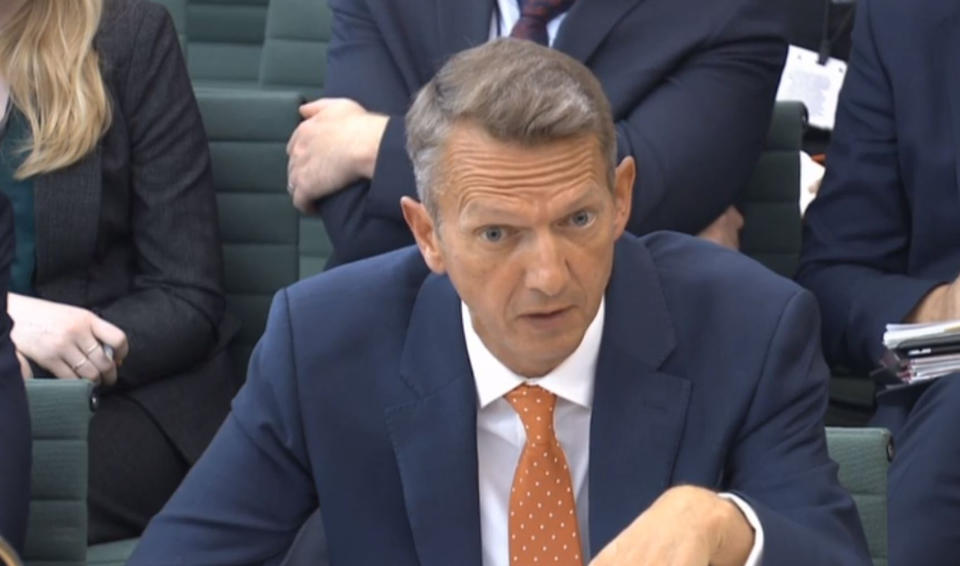Coronavirus: Bank of England mulls negative interest rates to fight off COVID-19

Negative interests rates are being mulled by the Bank of England (BOE) in order to prop up the UK economy, which has been left badly damaged by coronavirus.
In an interview with The Telegraph’s Russell Lynch, BOE chief economist Andy Haldane refused to rule out the possibility of taking interest rates below zero.
Haldane also hinted that the Old Lady might follow the Federal Reserve and buy lower-quality financial assets under the central bank’s bond-buying programme.
“The economy is weaker than a year ago and we are now at the effective lower bound, so in that sense it’s something we’ll need to look at – are looking at – with somewhat greater immediacy,” he said in the interview. “How could we not be?”
READ MORE: UK's lowest earners have been hardest hit by virus
Top BOE officials have previously expressed objections to taking rates below zero – as the central banks of the euro zone and Japan have done – because it might hinder the ability of banks in the UK to lend and hurt rather than help the economy.
But with the BOE’s benchmark at an all-time low of 0.1% and the country facing potentially its sharpest economic downturn in 300 years, talk of cutting rates to below zero has resurfaced.
Governor Andrew Bailey said last week that the BOE was not contemplating negative rates, but he declined to rule it out altogether.
Most economists expect the BOE’s next move to be an increase in the size of its £645bn ($781bn) bond-buying quantitative easing programme, most of which is spent on British government bonds.
“With QE there is more we can do there on the gilt side and the corporate bond side in principle,” Haldane said. “As we’ve found from other central banks, you could purchase assets further down the risk spectrum.”
“I don’t want to imply we’re poised on any of those,” he said, “but we have over a number of years been reviewing all of our options for more, if more is needed.”
READ MORE: Insolvency figures to be released monthly amid COVID-19 downturn
Haldane also warned about the negative impact unemployment will have on society. The bank’s latest scenario sees unemployment shooting to around 9%, the highest since 1994.
Haldane said: “When I was a teenager at school I could see the impact that joblessness was having on my friends’ families. As many households are facing that now as there were back in the Eighties and that is why this scourge of unemployment – and it was a scourge back then – we need to get rid of that as quickly as possible.”
He added: “The very reason I got into economics and the reason I got into public policy was because of the scarring experience of the early Eighties unemployment which peaked at three and a bit million – and we’re going back to that basically.”

 Yahoo Finance
Yahoo Finance 